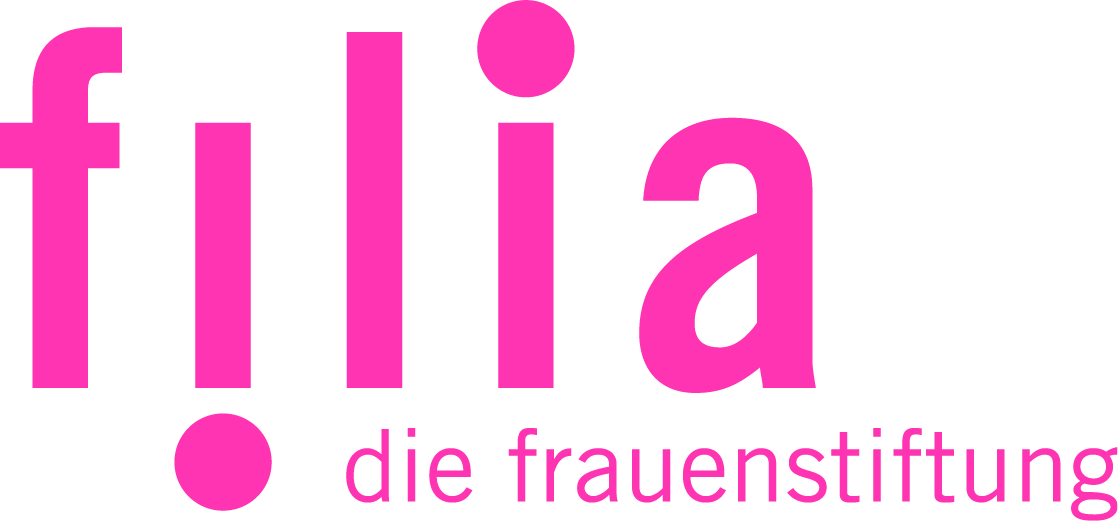Feminist Philanthropy: How we support Social Change?
Texts about feminist philanthropy
“We practiced feminist philanthropy for a long time without overtly naming it as such”, are the opening words of Gohar Shanazaryan, co-director of Women’s Fund Armenia, for the publication “Feminist Philanthropy. Stories of Resilience.” This booklet, which is well worth reading, is the product – so to speak – of an international collaboration to which Women’s Fund Armenia invited other women’s funds. The task was to reflect on feminist philanthropy and each fund’s own approach to it. The contributions from funds from the international women’s funds network Prospera collected in the brochure show how diverse the approaches that the funds pursue to promote social change are – and at the same time how similar their basic understanding of feminist philanthropy is or where there are overlaps. It also shows that feminist foundations are not static institutions. They reflect on their approach and their work and continue to develop it.
Philanthropy? Isn’t that something to do with stamps?
The word philanthropy comes from ancient Greek and means something like love of humanity. Whereas in other countries the term philanthropy is much more firmly anchored in common parlance, it has not quite established itself in our country. In general, we use it to refer to private contributions for charitable purposes. A distinction that is important for our work comes from U.S. practice. Here, philanthropy is clearly distinguished from charity. Charity is direct aid intended to alleviate acute, severe need. Philanthropy, on the other hand, encompasses a broader spectrum. It aims to go beyond the simple satisfaction of basic needs. Philanthropy seeks to improve the quality of people’s lives and strives to address problems at their root. Above all, social change philanthropy strives to improve social conditions in order to ultimately make charity superfluous.
And what is feminist philanthropy?
For filia’s contribution to the brochure, our program manager Nina Hälker interviewed former executive director Sonja Schelper and former deputy executive director Kathrin Wolf to talk about filia’s history and the resulting understanding of feminist philanthropy. Through the experiences of the last 20 years, it has become clear that a trusting communication at eye level with our funding partners is an essential part of filia’s definition of feminist philanthropy. Just like the financial support we provide to our partners, it is closely linked to power. In order to understand this and to be able to reflect on it appropriately, transparency is crucial to our work.
But that, as has been said, is filia’s definition. Browse and read for yourself in the publication “Feminist Philanthropy. Stories of Resilience!” and learn what other women’s funds think about it! (Link to PDF)





